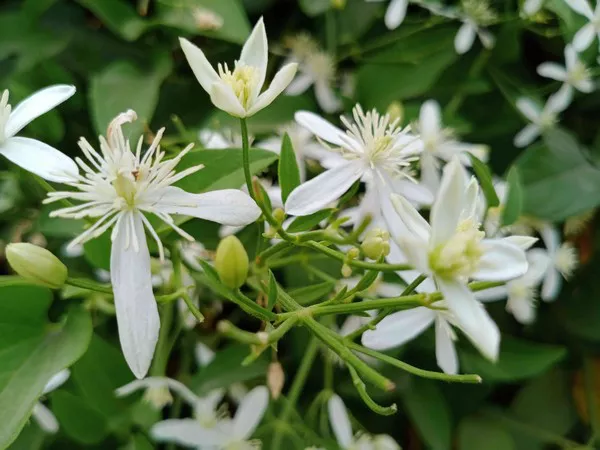Since 1983, the Colorado Gay Rodeo Association has hosted the longest-running gay rodeo in history, marking a significant milestone in 2024 with its 41st anniversary of the Rocky Mountain Regional Rodeo in Denver. This event is part of a larger circuit of gay rodeos that has extended across the United States and into Canada, despite facing cultural pushback over the years.
Roots in Reno
The concept of gay rodeo didn’t originate in Colorado but in Reno, Nevada. Businessman Phil Ragsdale organized the first gay rodeo in 1976 as a fundraiser for local community organizations. Despite challenges in securing venues and livestock due to the event’s LGBTQ+ focus, the National Reno Gay Rodeo became a success, growing from a few hundred participants to attracting over 10,000 attendees annually.
The Birth of the Rocky Mountain Regional Rodeo
In 1981, John King opened Charlie’s Denver, a gay country western bar managed by Wayne Jakino, which became a hub for queer ranchers, rodeoers, and country western enthusiasts. Inspired by their visit to the Reno rodeo in 1982, King and Jakino organized the first Rocky Mountain Regional Rodeo in Denver in 1983, making it the first gay rodeo outside Nevada. By the end of 1986, additional gay rodeos had been established in Oklahoma City, Phoenix, Los Angeles, and Dallas.
Colorado’s Leadership in Gay Rodeo
King and Jakino’s leadership was instrumental in expanding the gay rodeo movement across North America. When the Reno rodeo ended in 1984, the Rocky Mountain Regional Rodeo members collaborated with groups in Texas, California, and Arizona to form the International Gay Rodeo Association (IGRA) in 1985, with Jakino serving as its first president. Jakino emphasized professionalism while maintaining the fun, campiness, and sexual freedom of the events.
Overcoming Controversy
Despite striving for professionalism, the IGRA faced significant anti-LGBTQ+ backlash. In 1988, the Colorado Gay Rodeo Association revealed that eight arenas had initially refused to host the Denver rodeo due to its LGBTQ+ affiliation. The AIDS epidemic further compounded challenges, with many members, including founding ones, succumbing to the disease. The organization focused its fundraising efforts on supporting the HIV-AIDS crisis.
In the 1980s and 90s, the rise of the Christian Right led to intense opposition in Colorado, culminating in the 1992 passage of Amendment 2, which sought to prevent anti-discrimination protections for LGBTQ+ individuals. The amendment triggered the Boycott Colorado movement, costing the state around $120 million in lost tourism. Despite this, Jakino and others urged supporters to break the boycott to support queer-owned businesses like the rodeo.
A Poignant Act of Resistance
The resilience of gay rodeoers, including their presence in rodeo events, became a powerful act of resistance against discrimination. In 1993, Jakino emphasized their commitment to fighting for equal rights, stating, “We will not be driven out of Colorado or any other state and we pray that you will be there in even greater numbers as a message to Colorado and the nation – We will fight against discrimination and for our Equal Rights!”
The Uncertain Future of Gay Rodeo
Having weathered the AIDS crisis, homophobic legislation, and national boycotts, the future of gay rodeo remains uncertain. While these adversities initially united and bolstered the community, the IGRA has seen a decline since the late 1990s. By 2013, there were more defunct associations than active ones, and the COVID-19 pandemic further strained the organization. However, recent years have shown signs of recovery, with 12 rodeos back on the circuit and strong attendance at the Colorado Gay Rodeo Association’s 40th anniversary rodeo in 2023.
As the Colorado Gay Rodeo Association prepares for its 41st anniversary, the legacy of the longest-running gay rodeo in the world endures, symbolizing resilience and the ongoing fight for equality in the LGBTQ+ community.
You Might Be Interested In:
























